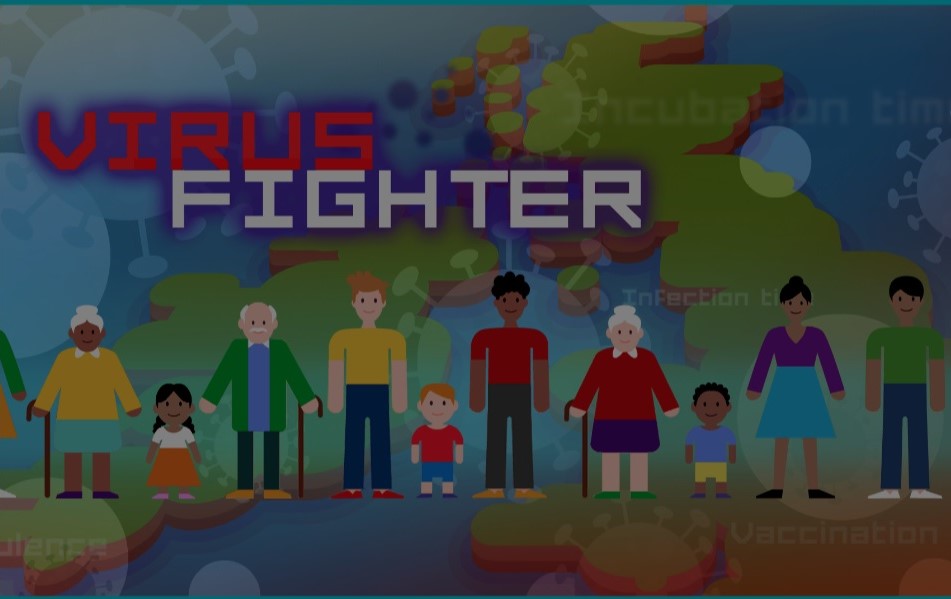Advice on applying for an ERC Start Grant (part 3)
 Tuesday, September 6, 2011 at 1:01PM
Tuesday, September 6, 2011 at 1:01PM I was asked to give some advice on ERC Start Grant applicants, as a current grant holder. As this has come up several times I thought I would write a series of blog posts covering my hints and tips. Partly, this advice is specific to the ERC grant system, although most points are valid across any grant. In a previous posts I gave advice about the written application - Part B1 and Part B2. In this final post I will deal the interview portion of the grant.
The Interview
The interview is not simply an oral version of your written application. There is a panel of around 15 panel members, each of these panel members will be experts on maybe 5 applications and more-or-less bystanders on the other 15 applications.
- Experts. Your chance to impress the experts was your written application, and if you made it to the interview stage than you already succeeded here. The experts are familiar with your work from reading your 30 page dossier; they do not expect to learn anything new from the talk. Instead they will be waiting for the question time to hit you with any issues they have.
- Additional panel members. These are people who are within your general area of research, but outside your specific discipline. They only glossed over your proposal, if they looked at it at all. Design your talk as if they haven’t read your application and focus on importance and strategy. Don’t get bogged down in experimental details and don’t think they really care too much about your discipline – explain to them the advantage in the knowledge that you propose to generate. Focus on the importance and novelty, and why your approach will succeed while others have failed.
Question Time
The questions you get asked will vary based on your project and your application. Have you been wildly ambitious? Expect to get a lot of questions on feasibility. Have you stuck very close by your existing research? Expect to get questions about competitiveness. The experts should ask most of the questions, any technological or methodological concerns they have will be raised here. Generally these will be along the lines of “X is risky, what will you do if it doesn’t work?” or “this is a highly competitive field, how will you compete?” If there is enough time you may get some standard questions from chair or other panel members, such as questions about your long-term career plan and so forth. A few general points apply across the different questions you will get:
- Listen politely to the full question, never assume where it is going or interrupt to answer
- Your tone and attitude matter as much as your words – a grant application is a sales pitch!
- Being right is less important than having a clear articulate message and sounding competent. Even if the expert is wrong there is little benefit in arguing – it certainly comes off badly to the rest of the panel. That said, you can still disagree – “based on my experience the approach is feasible, but in case we do hit a roadblock there is an alternative strategy that we can take...” is completely reasonable response.
- Don’t waffle. It wastes time and it makes it look like you have not thought about the question before. A clear and concise answer reassures the entire panel that you are aware of the issue and have already got a strategy in place. You don’t need an answer for everything, but you need to look like you are capable with dealing with anything.
- Sometimes this involves thinking quickly on your feet and bluffing
On the Day
- Talk clearly and smoothly
- Do not waste time
- Know what you are going to say
- Make every sentence count
- Look at the panel
- Be calm and confident
- Exude gravitas
- Be polite rather than adversarial
On the day of the interview you will arrive at the ERC building, show your passport and be given a visitors badge to enter. You then need to go and upload your talk and deliver ~15 copies of a printed version of your talk before being shown to the waiting room. The room will be full of the other candidates that are being interviewed that day and the wait can be several hours. When your interview is approaching you will be shown up to second waiting room where you will be alone, at this point there is only 10 minutes or so. You will then be led into the interview room. There will be no introductions of the panel members, your talk will already be on the screen and you will be expected to essentially go straight into your presentation.
Behind the scenes of a panel discussion
In a typical panel, such as the ERC, only a fraction of the applications are read by each panel member. All the panel members are active scientists and all want to support good science. Typically, when going into a panel meeting, each member has a handful of application that they are really keen to push forward – and invariably there is not enough money available to cover all of these applications. In the discussion the experts will take up 90% of the time talking about each grant, but the decision making is split evenly between the panel members. It is not unusual to see an expert trying to convince the rest of the panel that their favourite project is more deserving than your favourite project. In the ERC you have a unique chance to help out the experts on your side, by pitching your talk to the non-experts. If it is dry and technical they will basically ignore it. As an immunologist who regularly sits on an immunology-biochemistry panel I almost fall asleep when there is an application by a structural biologist to find the structure of protein X. So if you are a structural biologist don’t waste your time describing purification strategies to the experts who already read your application – instead use this opportunity to tell the non-structural biologists why this gene is important and what you will be able to do with the structural information (eg, the role of the gene in disease, solid examples of how structural knowledge can be used for rational drug design – perhaps you have a collaboration with chemists?).
Click here for a download of my full set of ERC Start Grant hints and tips.





Reader Comments